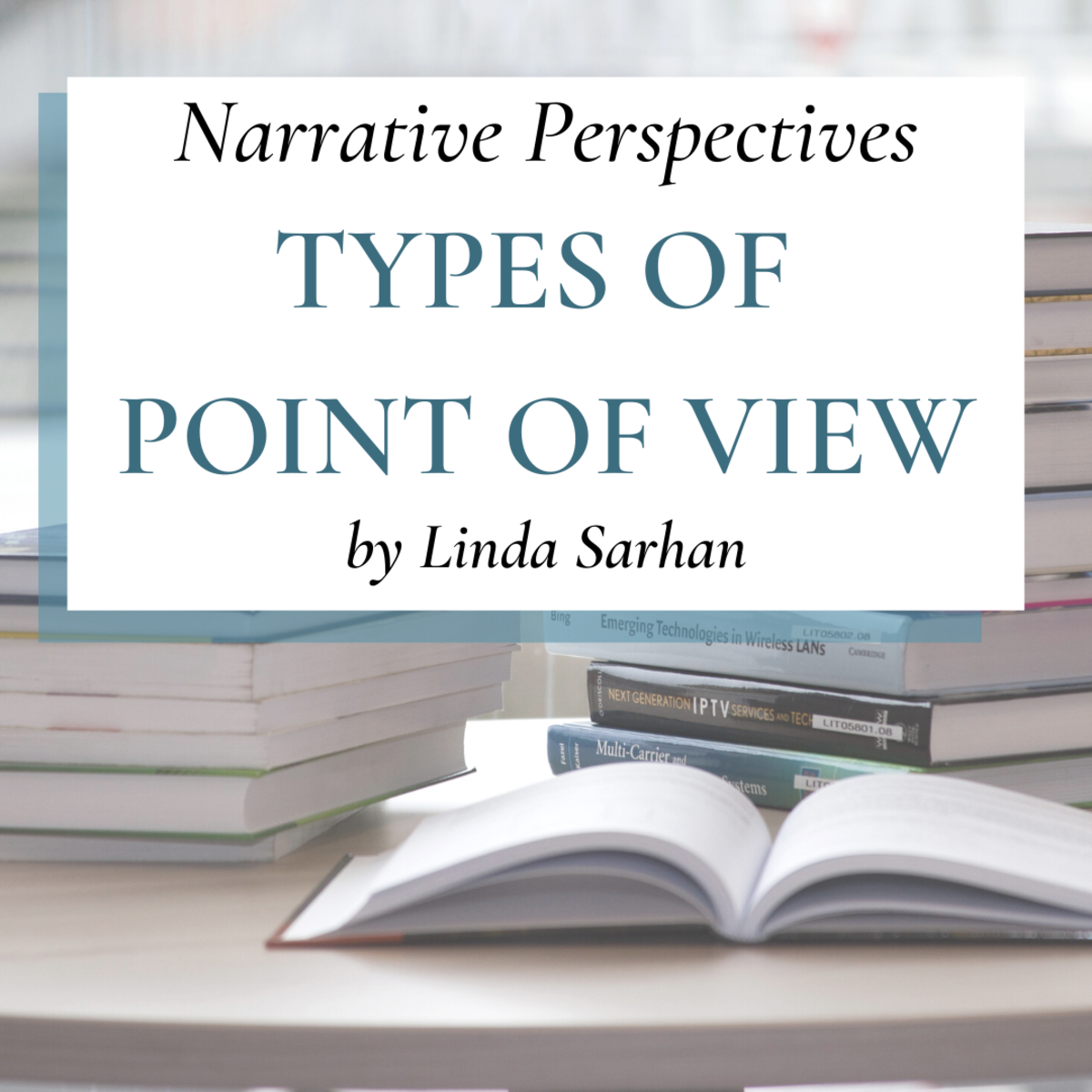Examining the Meaning of Bad Writing
Bad writing equal unhappy writer.

Bad Writing
We all want to write, and we all know that we must write well, but what is writing well exactly? For you aspiring writers who wrestled with the full meaning of great writing, this may help you. Learning what bad writing is early on will help you later in your career.
If the way you write leaves the reader confused or has them misunderstanding what is written, that is bad writing. If things just do not make sense in your story then readers stop caring, stop trying and eventually stop reading.
Yes, this pertains to the typical spelling, grammar and POV issues but it also includes writing as clichés, stereotypes, characters names, accuracy, etc.
Every writer must start somewhere
Long ago before I actually attempted to write novel length material, I used to think that “real” writers wrote their manuscripts on typewriters. Yes, so many movies about writers (I.e. Misery, The Shining) had the writers typing away at a typewriter. Therefore, I assumed that was what I needed to do to be a real writer. I laugh at that now, but the truth of the matter is there are many aspiring writers out there that just don’t know any better.
The only way you can improve yourself is through trial and error or someone teaching you the right way, mistakes to avoid, and giving examples to follow.
Below you will find what makes bad writing in fiction.
Bad writing explained
Naming characters similarly: Joe, Johnny, Joyce and Julie. Naming the characters of your story using the same letter in each name is very confusing to the reader. So is naming your characters Wallie, Polly and Dolly.
Naming characters after their characteristics: Hutch Dickenson is your story’s football jock with seven girlfriends. Lovely White is a motherly woman who volunteers at the animal shelter. Naming your character after what they do or their personality is unnecessary. If you are a good writer, you won’t need their names to distinguish who they are. Yes, I am guilty of this one.
Clichés and stereotypes: If your character grew up in the “ghetto” then he must have joined a gang, sold drugs, saw a dead body and is a minority. If your character is a twin she must be completely opposite of her sibling in personality but so identical physically they can fool people into believing they’re the other sibling.
Telling instead of showing: We all know “Show don’t tell” but not everyone knows exactly what that means. To sum it up, if your character is sad. Do not write. Jenny sat on the floor still sad about the day’s events. That’s telling.
Instead, write: Jenny swept a single tear from her cheek and slowly eased herself down to the floor. The cold tile didn’t affect her at first but as she stared blankly ahead and sniffed, she gradually felt the icy prickle on her thighs as well as in her heart.
Beginning with description, details of the weather or back-story: If you are a writer and you haven’t heard how bad this is to do, you haven’t been keeping up with the literary world.
Now before I go on I must admit, I am guilty of this literary crime as well. Thank the heavens you will not fall victim to this now.
Never begin your story or novel with the description of the weather. It’s quite amateur and boring. Really, who cares? So it’s a hot, sunny day . . . How does this pertain to your story about a teen wizard saving the world from nuclear explosion?
Never begin with the description of the setting. Yes, dead trees clutter the woods and the sounds of wild animals echo on the isolated riverbank. And? Get to some action already.
Never begin the story with the telling of the characters background. Ann’s mom died when she was a child leaving her with her grandmother who never really wanted her, blah, blah, blah, and then fast forward to the present. That is a big no-no. Begin your story at the beginning of your story. Start at the present and subtly add important back-story as you go.
On the other hand, if you start your story from when she was a child continue it from there if that is where your story actually begins. Never dump it all in the beginning because you think this is what readers should know before they begin the story. It halts the progress of the actual story. The correct term for this is: information dump. And it can happen anywhere in the story, not just at the beginning.
Misuse of dialogue: Don’t have your characters state the obvious just to inform the reader. Example: “I bet you are feeling sad because last year your husband, Joe, died and you had a hard time making it to the funeral.”
First, she should know the name of her own husband and remember that she didn‘t go to the funeral, so stating that piece of fact in dialogue is ridiculous. Second, usually someone who is grieving would feel sad stating this is another form of telling instead of showing. Third, dialogue is also action of your story, so do not bore your readers with it.
You use dialogue for four reasons, to move the story forward, to pace the story, to develop characters, and to reveal back-story carefully.
One way to reveal back-story carefully in dialogue is to have the character argue with someone over the fact that she was too much of a coward to face grieving. Alternatively, have her reveal herself to her therapist and uncover other issues that makes who she is, this makes her three-dimensional.
Overlooking accuracy: Example 1. If your character’s accident left her with all of her front teeth missing, then in chapter five how is she’s eating a whole apple effortlessly?
Example 2. Is it possible that after school your character’s professor locks up all the classrooms since she was the last one at the school?
Example 3. How can Ted run his fingers through your hair, caress your thigh and grab your breasts all at the same time? How many hands does he have? Accuracy in writing is everything.
Writing well is much more than checking your spelling and grammar. With these reminders, you aspiring writers can understand the full meaning of writing well and put them to use in your daily writing. In no time you will be on your way to great writing.
Leslie Lee Sanders






